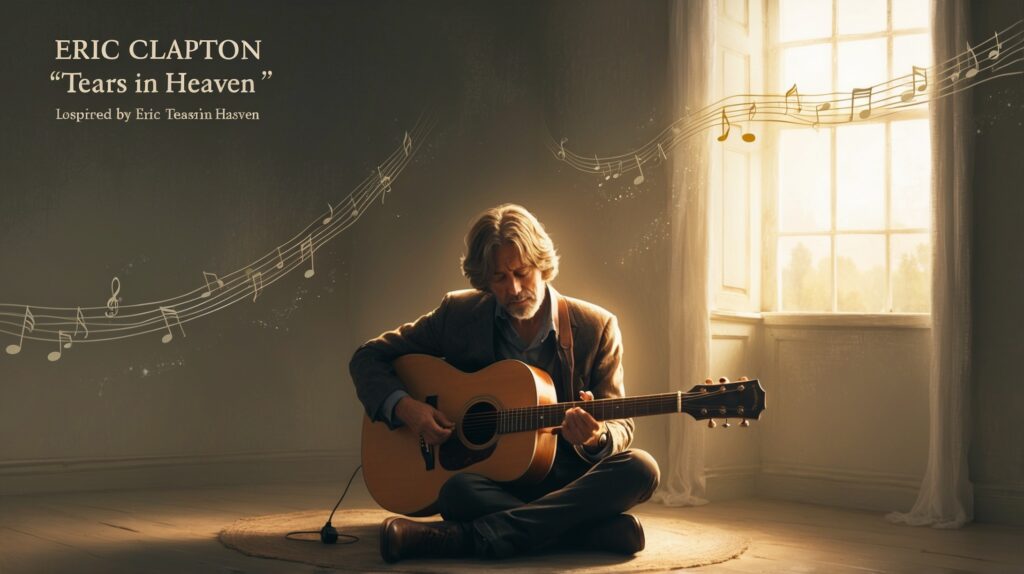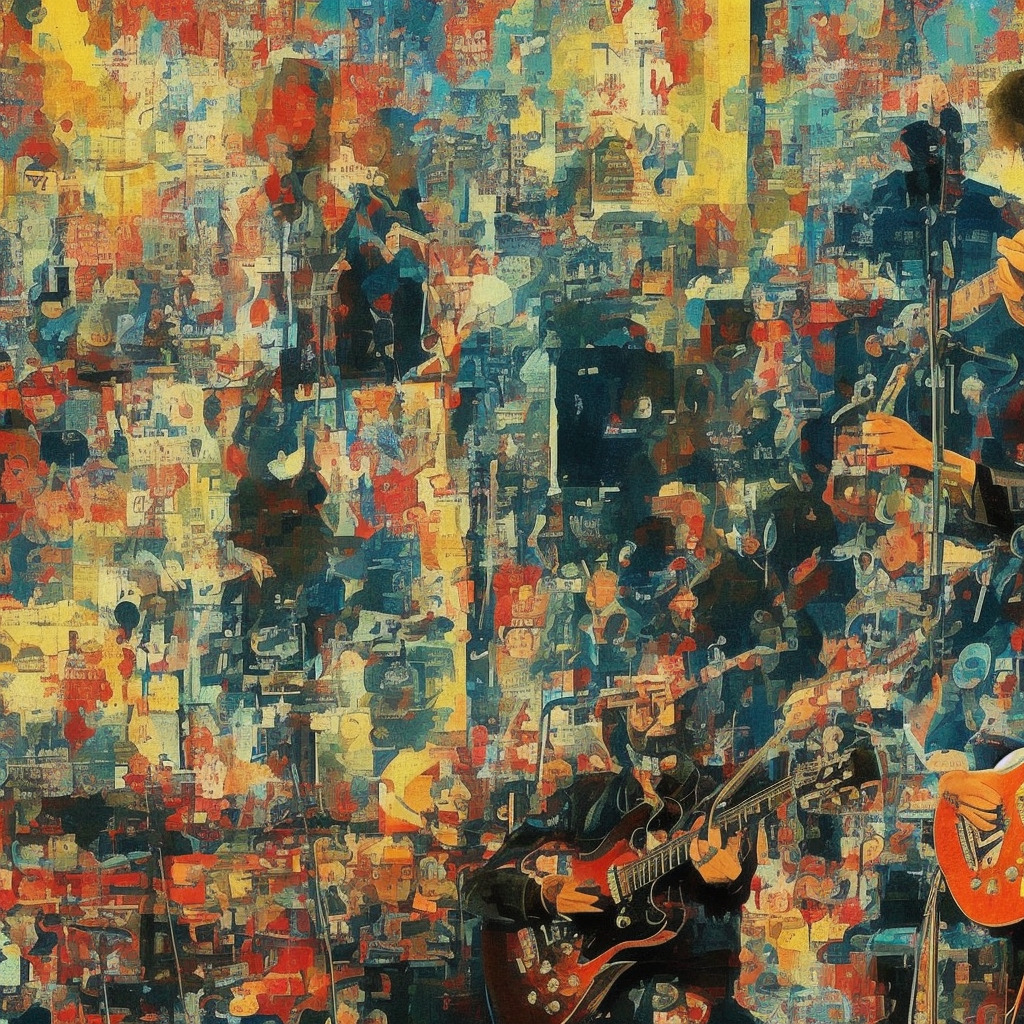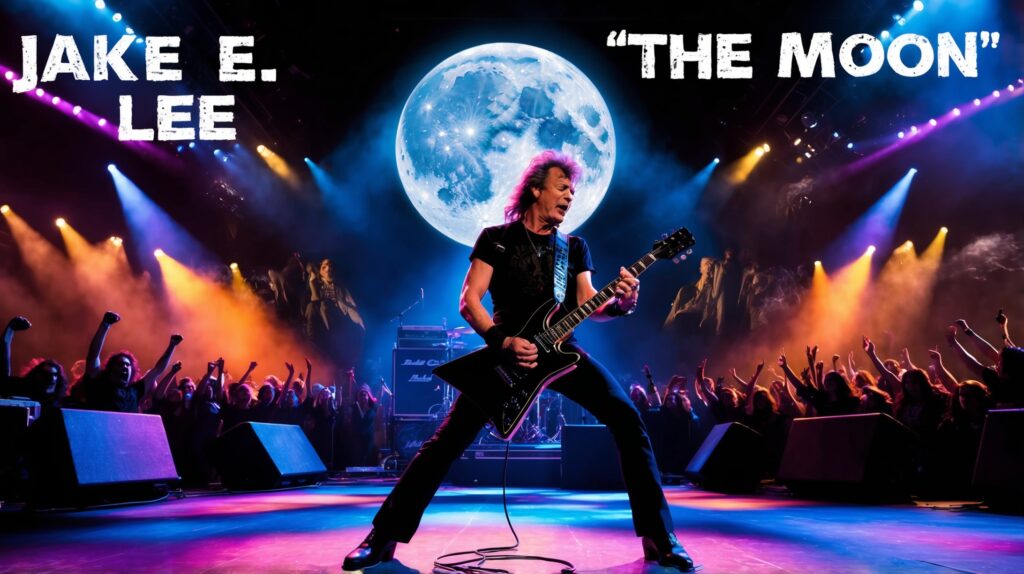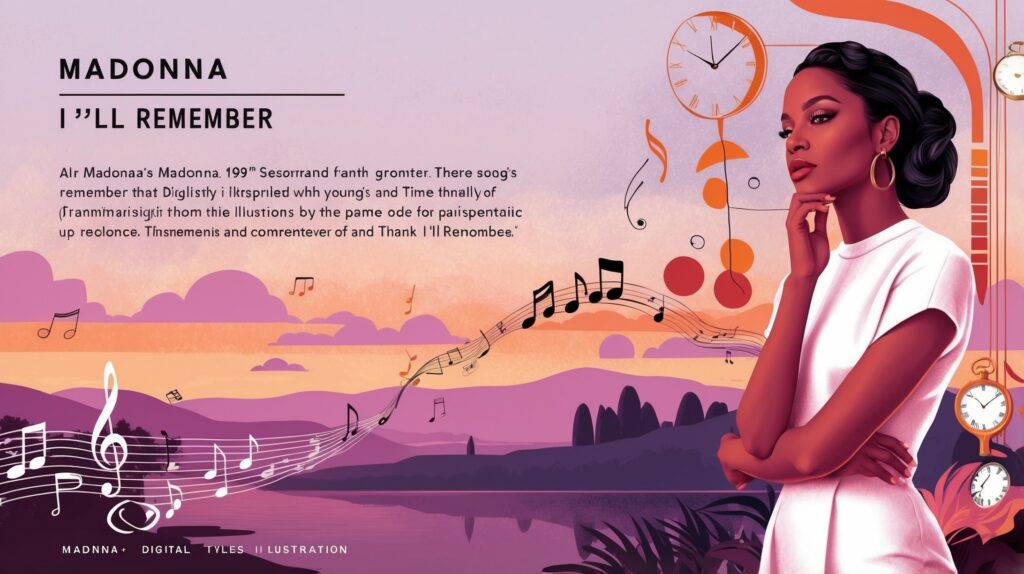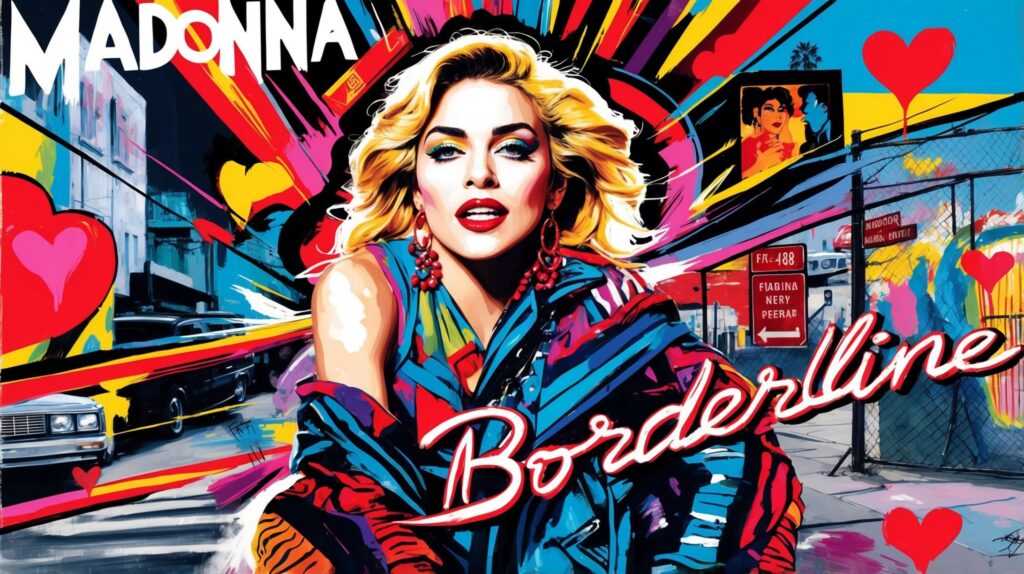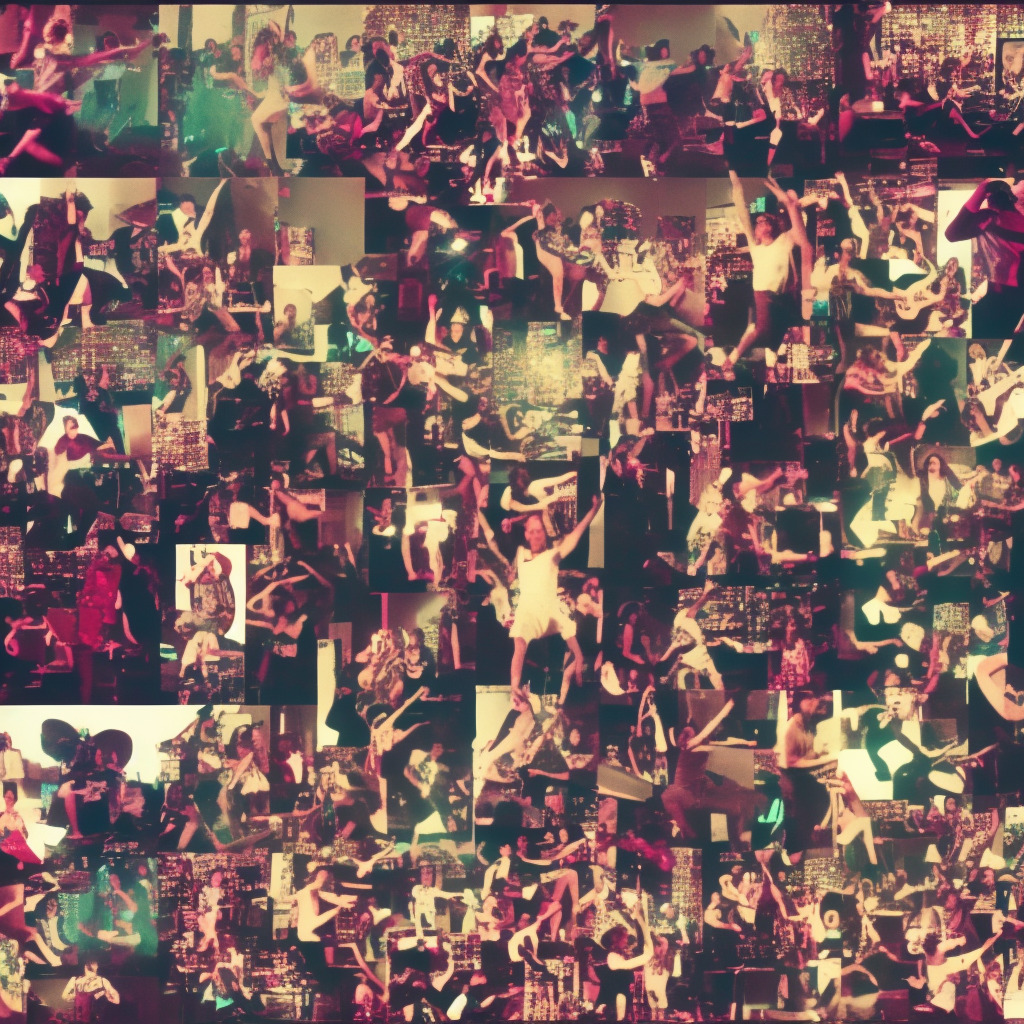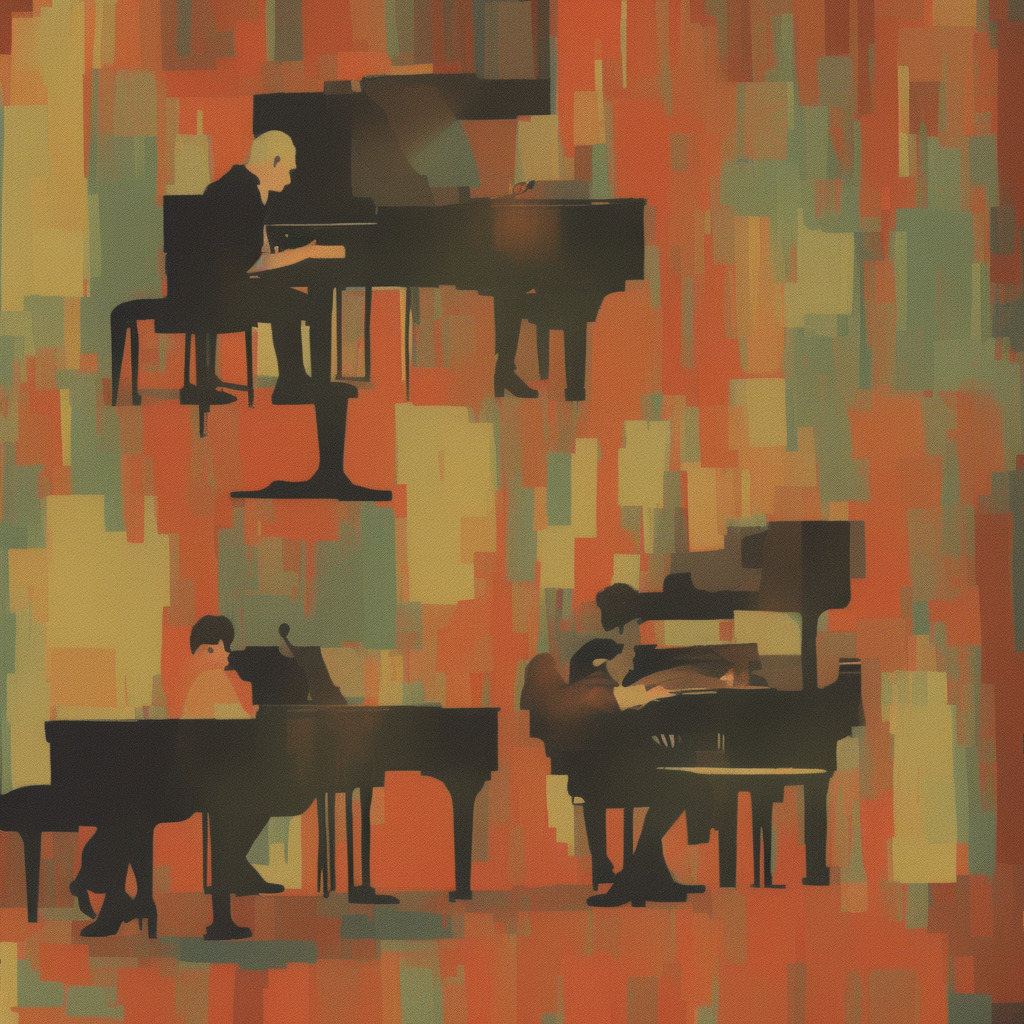Eric Clapton | Tears in Heaven
Eric Clapton: A Legendary Journey Through Music and Emotion
“Tears in Heaven” is a testament to Eric Clapton’s emotional depth and musical genius, crafted during a pivotal era in his legendary career.
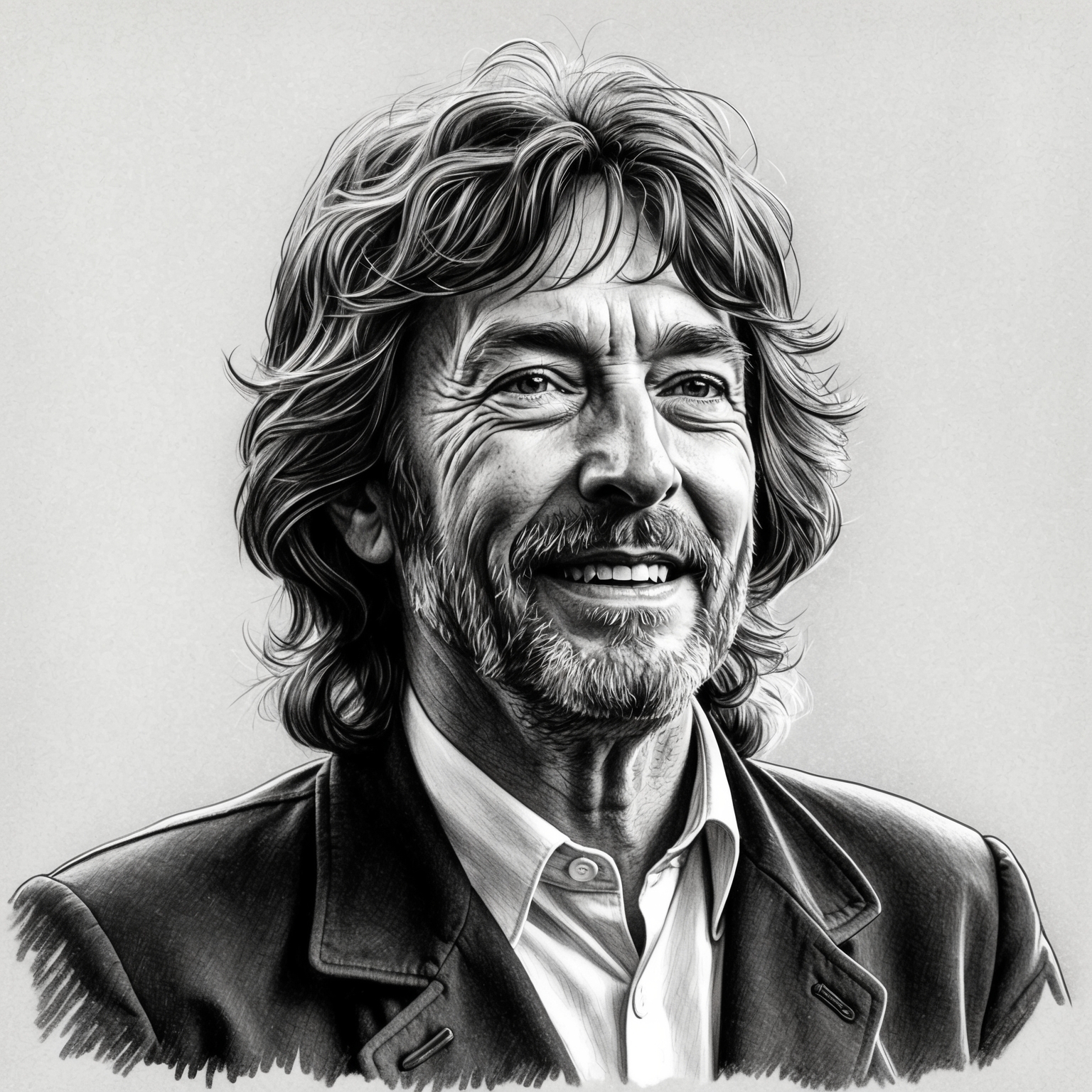
Eric Clapton, often hailed as one of the greatest guitarists of all time, has carved out a unique and influential career in the music industry. His song “Tears in Heaven” holds profound significance, encapsulating both personal tragedy and artistic brilliance. The track is a poignant reflection of Clapton’s ability to weave raw emotion into his music, making it a standout piece in his extensive catalog.
Clapton’s journey began in Ripley, Surrey, where he was born in 1945. From a young age, Eric was drawn to the world of blues and rock, finding inspiration from legends like B.B. King and Muddy Waters. His early career took off with The Yardbirds and later, Cream, where he honed his skills and developed a distinctive style that blended blues, rock, and psychedelia. As his fame grew, Clapton’s ability to collaborate with other talented artists became evident, resulting in partnerships that furthered his musical exploration.
In the early ’90s, when “Tears in Heaven” was released, Clapton found himself at a crossroads. The tragic loss of his son, Conor, in 1991 deeply impacted him both personally and creatively. The song was written in collaboration with songwriter Will Jennings and became a therapeutic outlet for Clapton’s grief. Released at a time when the music scene was experiencing a shift towards grunge and alternative rock, “Tears in Heaven” stood out as a deeply emotional ballad that garnered widespread acclaim. It showcased Clapton’s introspective side and reaffirmed his place in the pantheon of great musicians.
Eric Clapton and Will Jennings: The Minds Behind ‘Tears in Heaven’
Explore the dynamic collaboration of Eric Clapton and Will Jennings in the creation of ‘Tears in Heaven,’ a song that marries heartfelt lyrics with evocative music.

Background and Career: The song ‘Tears in Heaven’ is a profound result of collaboration between the legendary guitarist and singer-songwriter Eric Clapton and the esteemed lyricist Will Jennings. Clapton, known for his blues-influenced rock style, started his musical journey with bands like The Yardbirds and Cream before embarking on a highly successful solo career. His immense contribution to the music world is underscored by his virtuosic guitar skills and emotive lyrical style. Will Jennings, on the other hand, is a prolific lyricist whose career spans several decades. Jennings is renowned for poignant lyrics across multiple genres, having worked with a myriad of artists from different musical backgrounds.
Musical Style and Influences: Eric Clapton’s musical style is deeply rooted in blues, yet it transcends into various other genres, bringing a unique sound to his compositions. His influences include blues legends like Robert Johnson and B.B. King, which reflect in his heart-rending guitar solos and soulful melodies. Will Jennings’ lyrical genius often draws from personal and emotional depth, making each of his contributions resonate on a human level. His lyrical style often complements the emotional intensity in Clapton’s music, resulting in a seamless blend of music and storytelling.
Role in the Song’s Creation: In ‘Tears in Heaven’, the interplay of Clapton’s heart-rending melody and Jennings’ poignant lyrics creates a cathartic experience. Clapton drew from personal tragedy to compose the music, while Jennings contributed by shaping the lyrical narrative to match the emotional depth of Clapton’s composition. This collaboration resulted in a song that not only achieved commercial success but also touched the hearts of millions around the world. Their combined efforts bring an authentic and heartfelt dimension to the song, reflecting real emotions and genuine artistry.
Celebrated Legacy: Awards, Covers, and Cultural Imprint
“Tears in Heaven,” an evocative ballad by Eric Clapton, has earned Grammys and inspired covers by famous artists, while illuminating films with its emotional depth.

“Tears in Heaven,” a poignant testament from Eric Clapton, has not only touched listeners’ hearts but has also garnered significant critical acclaim. Since its release, the song has been celebrated as one of Clapton’s most revered works. In 1993, it won the Grammy Award for Song of the Year and also snagged the award for Best Male Pop Vocal Performance. The song’s raw emotion and delicate arrangement contributed to its success at the Grammy awards, reaffirming Clapton’s prowess as a musician and songwriter.
The song’s impact has inspired numerous artists to create their own renditions. Notably, artists such as Paul Anka, Richie Sambora, and Josh Groban have all taken a turn at covering this masterpiece, bringing their unique styles to the hauntingly beautiful melody. Each cover has offered a fresh perspective while respecting the profound emotional underpinnings that Clapton originally infused.
Beyond its accolades and covers, “Tears in Heaven” has etched its presence in the fabric of cultural media. It has been featured in several films and television shows, often used to underscore scenes brimming with pathos. Whether in film soundtracks or television dramas, the song consistently enhances the emotional gravitas of the narratives it accompanies, affirming its status as a legendary composition.
The Chart-Topping Journey of “Tears in Heaven”
“Tears in Heaven,” released in 1992, achieved remarkable chart success, peaking at number 2 on the Billboard Hot 100. Despite intense competition, it became a standout hit, supported by strategic marketing and Clapton’s heartfelt performances, earning critical acclaim and multiple Grammy Awards.
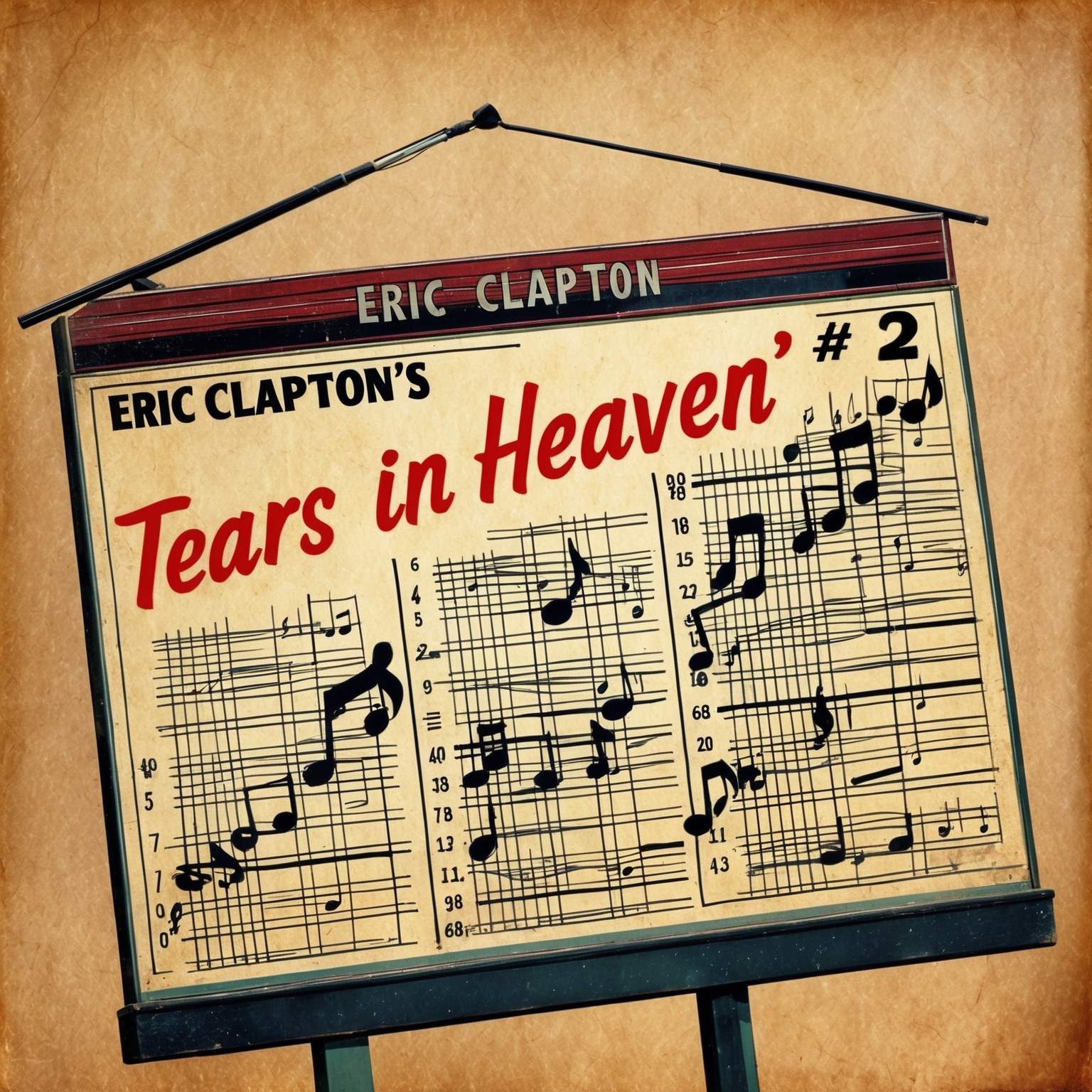
Released on January 8, 1992, Eric Clapton’s iconic ballad “Tears in Heaven” quickly solidified its place in the annals of music history. The song initially debuted on the Billboard Hot 100 chart and steadily climbed to an impressive peak position at number 2, showcasing its widespread appeal and emotional resonance. Its chart performance was a remarkable feat, considering the highly competitive landscape of early 90s music, populated with vibrant pop hits and emerging alternative rock anthems.
“Tears in Heaven” served as a poignant follow-up to Clapton’s previous successes, establishing itself as one of the standout tracks in his illustrious career. While Clapton had already achieved fame with hits like “Layla” and “Wonderful Tonight,” this song marked a deeply personal and introspective turn in his artistic expression. This emotional depth resonated with listeners, leading to widespread acclaim and substantial commercial success.
From a marketing perspective, the promotional strategies played a crucial role in the song’s success. Extensive radio play, coupled with Clapton’s heartfelt live performances, helped maintain the song’s momentum on the charts. Critics lauded “Tears in Heaven” for its raw emotion and authenticity, earning it several awards, including three Grammy Awards in 1993. Its enduring legacy is evident through consistent streaming successes and its inclusion in numerous playlists focused on heartfelt and emotional music themes.
Visual Interpretations of ‘Tears in Heaven’
Although there’s no official music video for ‘Tears in Heaven,’ the song has inspired various live performances and fan-made videos that capture its emotional depth and universal themes.

Though there isn’t an official music video for “Tears in Heaven,” the song’s powerful theme and emotional gravity have inspired numerous visual interpretations and performances that continue to resonate with audiences worldwide. Eric Clapton’s deeply personal narrative about grieving and healing is often captured in live performances, where the raw intensity of his emotions enhances the song’s poignant lyrics. One of the most-recognized renditions is Clapton’s live performance at MTV’s Unplugged, where his acoustic rendition highlights the song’s tender and sorrowful nature, allowing the emotional weight of the lyrics to truly shine. The visuals from Clapton’s live performance settings often display a stark, intimate environment that complements the song’s introspective tone. These performances frequently feature subdued lighting and a minimalist stage setup, drawing the audience’s focus onto Clapton and his heartfelt expression. In addition to official recordings, many fans have created their own videos for “Tears in Heaven,” often using personal imagery or poignant clips that align with the song’s themes of loss and remembrance. These fan-generated pieces provide a wide array of interpretations, from simple lyric videos to elaborate montages, showcasing how Clapton’s message of endurance and hope transcends individual experience and resonates with a universal audience. The collective impact of these visuals underscores the timelessness and emotional depth of the song, enhancing its standing as an enduring classic.
The Intricate Musical Framework of ‘Tears in Heaven’
Unravel the complex musical intricacies of Eric Clapton’s ‘Tears in Heaven’ as we explore its structure, melody, harmony, and instrumentation.

‘Tears in Heaven’ by Eric Clapton is a masterful composition that is as touching in its musicality as it is in its lyrics. Delving into its structure, the song is written in the key of A major, employing a classic and emotional palette that perfectly complements its heartfelt lyrical content. The chord progression is simple yet deeply profound, using a series of open and bar chords that include A, E/G#, F#m, and D, among others. This combination crafts a rich and melodic backdrop that allows the song’s emotional depth to resonate fully with the listener. The tempo is moderately slow, maintaining a steady pace that gives space for reflection and profound emotional expression.
Analyzing the melody, harmony, and rhythm, ‘Tears in Heaven’ relies on a gentle, flowing melody that is both soothing and melancholic. The harmonies are subtle yet powerful, with Clapton’s vocal delivery intertwining gracefully with the acoustic guitar’s intricate fingerpicking patterns. This creates a sonorous and layered harmony that underpins the song’s thematic weight. The rhythm is understated, using a soft, laid-back feel that leaves ample room for the song’s poignant message to be at the forefront.
The instrumentation plays a crucial role in shaping the song’s unique sound. Primarily driven by acoustic guitar, the arrangement is complemented by light percussion, subtle keyboard lines, and background strings. These elements collectively add a tender ambiance, enhancing the song’s introspective tone without overshadowing its sincere message. In the context of Clapton’s discography, ‘Tears in Heaven’ marks a significant departure from some of his earlier, more blues-centric work, moving towards softer rock and balladry. This evolution in style highlights Clapton’s versatility and growth as an artist, allowing for a more personal and introspective approach to his music.
Interesting anecdotes about the recording sessions add layers of context to the song’s creation. Produced by Russ Titelman, the sessions reportedly embraced a reflective and serene atmosphere, aligning perfectly with the song’s somber narrative. Recorded at the Olympic Studios in London, the environment played an integral part in bringing Clapton’s vision to life through diligent engineering and production.
Exploring the Heartfelt Emotions of ‘Tears in Heaven’ Lyrics
Delve into the emotional depths of Eric Clapton’s ‘Tears in Heaven,’ a lyrical exploration of grief, hope, and the quest for peace beyond loss. Discover how metaphors and narratives convey heartfelt sorrow and healing.
If I saw you in heaven?
Would it be the same
If I saw you in heaven?
I must be strong and carry on
‘Cause I know I don’t belong here in heavenWould you hold my hand
If I saw you in heaven?
Would you help me stand
If I saw you in heaven?
I’ll find my way through night and day
‘Cause I know I just can’t stay here in heaven
Time can bring you down, time can bend your knees
Time can break your heart, have you begging please, begging please
Beyond the door there’s peace I’m sure
And I know there’ll be no more tears in heaven
Would you know my name
If I saw you in heaven?
Would it be the same
If I saw you in heaven?
I must be strong and carry on
‘Cause I know I don’t belong here in heaven
 Eric Clapton’s ‘Tears in Heaven’ is a deeply personal and emotionally wrenching song that deals with themes of loss, grief, and hope. Written after the tragic death of his son, Conor, the lyrics are an intimate exploration of Clapton’s personal anguish and his contemplation of the afterlife. The song invites listeners to reflect on the profound emotional landscapes of grief and healing.
Eric Clapton’s ‘Tears in Heaven’ is a deeply personal and emotionally wrenching song that deals with themes of loss, grief, and hope. Written after the tragic death of his son, Conor, the lyrics are an intimate exploration of Clapton’s personal anguish and his contemplation of the afterlife. The song invites listeners to reflect on the profound emotional landscapes of grief and healing.
Lyrical Themes and Messages: At the heart of the lyrics is a poignant exploration of sorrow and longing. The repeated question, “Would you know my name if I saw you in heaven?” underscores a yearning for reunion and understanding beyond mortal existence. Clapton delves into the universal experience of loss and the hope for peace and reconciliation, a theme that resonates with audiences facing their own emotional battles.
Narrative and Storytelling: The lyrics are structured in a first-person narrative, creating a direct and personal dialogue between Clapton and his son. This narrative choice enhances the song’s emotional depth, allowing listeners to connect with the vulnerability and sincerity of his queries about recognition and support in an ethereal realm.
Use of Literary Devices: Clapton’s lyrics are rich in metaphor and symbolism. Phrases like, “Beyond the door there’s peace I’m sure,” evoke imagery of heaven as a place of solace and finality, while the recurring motif of being strong despite not belonging “in heaven” ties together themes of perseverance and the struggle with earthly loss.
Emotional Impact and Relatability: The simplicity of the language used in the lyrics allows the poignant sentiments to shine through, making the song highly relatable. Listeners connect to the raw honesty of Clapton’s expressions of grief and the consoling hope of eventual peace, which are timeless emotions shared across humanity.
Cultural and Social References: ‘Tears in Heaven’ doesn’t explicitly reference cultural or historical events but is steeped in personal tragedy that transcends cultural boundaries. Its relatability is universal, allowing listeners from diverse backgrounds to find solace and understanding in the shared experience of loss.
Personal Reflections of the Artist: Eric Clapton has opened up about the song’s meaning in various interviews, expressing that ‘Tears in Heaven’ was a process of catharsis, part of his healing journey after Conor’s death. His candor about the song’s creation adds an additional layer of depth and authenticity to its lyrical narrative.
🎸 Did you know? Eric Clapton’s Tears in Heaven soared to #2 on Billboard in ’92, touching hearts worldwide with its heartfelt melody. 🎶❤️ #ClaptonClassic #MusicTrivia #TearsInHeaven tinyurl.com/2x4npe54
Click to Tweet

